India’s Silent Diplomacy: Army Chief Lauds Israel’s Tactical Strike on Hezbollah
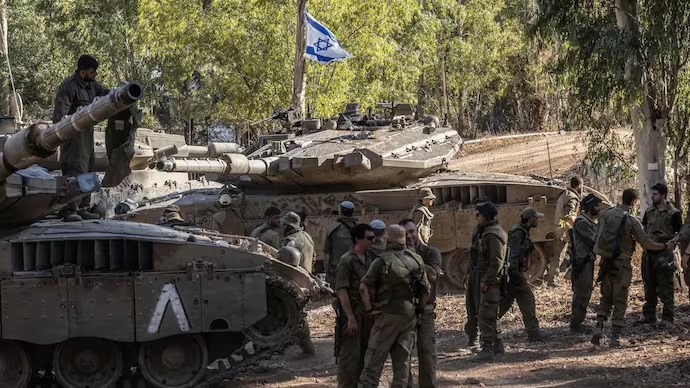
India’s Strategic Stance on the Israel-Hezbollah Conflict
India has often maintained a cautious diplomatic stance when it comes to Middle Eastern conflicts, especially involving its allies. Despite this, the Indian Army Chief, General Upendra Dwivedi, has made a rare public statement, appreciating Israel’s well-planned “pager attack” on Hezbollah. This shows a growing tactical alignment between India and Israel in their military approaches, particularly in counter-terrorism strategies.
India’s Subtle Diplomacy
Unlike other countries that issue formal diplomatic statements, India’s Ministry of External Affairs has remained quiet on the Israel-Hezbollah issue. However, the Indian Army’s recent commentary signifies an acknowledgment of Israel’s military prowess. General Dwivedi emphasized the precision of Israel’s operation, which left Hezbollah in a state of disarray. He mentioned that Hezbollah commanders were caught off guard, struggling to communicate internally due to the pager attack, which resulted in significant losses for the group.

The Indian Army’s indirect praise of Israel’s military strike also reflects India’s evolving geopolitical strategy. India has not taken a clear public stance but, through its military leaders, has signaled support for Israel’s counter-terrorism efforts.
A Masterstroke in Military Planning
The roots of Israel’s pager attack lie in years of careful planning. According to General Dwivedi, Israel created fake companies to supply pagers to Hezbollah, which were later rigged with explosives. The devices were smuggled into Hezbollah’s hands, where they remained inactive for years until Israel decided to strike. When the time came, these seemingly innocent communication devices became lethal, resulting in the deaths of numerous Hezbollah commanders.
Kashmir Protests Spark Global Attention Amid Israel-Hezbollah Conflict
In a comment that resonated widely, General Dwivedi remarked, “This was a masterstroke, a tactical move that confused Hezbollah’s leadership and severely hampered their operations.”
Modi’s Diplomatic Conversations with Netanyahu
In addition to the Army Chief’s remarks, Prime Minister Narendra Modi recently held a conversation with Israeli Prime Minister Benjamin Netanyahu. Modi acknowledged Israel’s recent operations in the region and condemned terrorism in all forms, subtly endorsing Israel’s actions while calling for peace and stability in West Asia. He tweeted about the conversation, stressing the need to curb terrorism, a message consistent with India’s broader foreign policy.
The tweet also highlighted India’s commitment to preventing regional escalation, signaling its diplomatic balancing act. While India supports counter-terrorism measures, it also advocates for regional stability, understanding that any further escalation could lead to broader conflict in the Middle East.
Regional and Global Reactions
While India has tacitly supported Israel’s counter-terrorism efforts, the global reaction remains mixed. Russia, traditionally allied with India on various issues like energy cooperation and United Nations reforms, has sharply criticized Israel’s actions. Russia accused Israel of violating Lebanon’s airspace and sovereignty, warning of the risks of a larger regional war.
This divergence highlights the complexities of India’s foreign policy. While India agrees with Russia on multiple fronts, including energy and BRICS cooperation, the two countries take opposing views on Israel’s military operations. Russia’s condemnation of Israel stands in stark contrast to India’s silence, except for the Army Chief’s indirect praise.
The Bigger Picture: Israel’s Vision
Military strategist Alexander Dugin, often regarded as a geopolitical mentor to Russian President Vladimir Putin, recently remarked on Israel’s long-term objectives. According to Dugin, Israel is working toward establishing a “Greater Israel,” expanding its influence and territory in the Middle East. Dugin emphasized that the dismantling of Hezbollah, among other groups, is part of this larger vision.
General Dwivedi’s comments align with this broader perspective, as he acknowledged the strategic brilliance of Israel’s actions. The attack not only weakened Hezbollah but also sent a message to other adversaries in the region.
India’s Role in Global Anti-Terrorism Efforts
India has consistently taken a strong stand against terrorism, a position reaffirmed by Prime Minister Modi during his conversation with Netanyahu. “Terrorism has no place in our world,” Modi stated, underscoring India’s zero-tolerance approach.
India’s support for peace and stability in the Middle East is not merely a diplomatic stance but a reflection of its own experiences with terrorism. As Israel faces pressure from the international community, including the United States, to de-escalate, India remains firm in its backing of Israel’s right to self-defense, albeit through indirect channels.
Conclusion
India’s approach to the Israel-Hezbollah conflict exemplifies its evolving diplomatic and military strategy. While the government has refrained from making official statements, the Indian Army Chief’s public endorsement of Israel’s tactical brilliance speaks volumes. This reflects a growing military and strategic alignment between the two nations, particularly in their fight against terrorism.
As tensions in the Middle East continue to simmer, India’s role as a key player in global counter-terrorism efforts is likely to grow. The country’s balancing act between supporting Israel’s counter-terrorism measures and advocating for regional stability is a delicate one but crucial for maintaining its geopolitical interests.


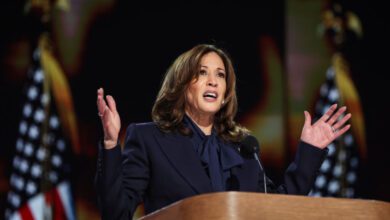
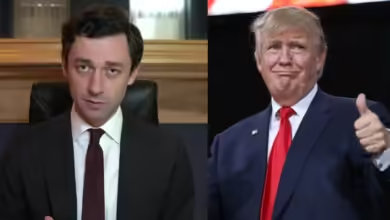
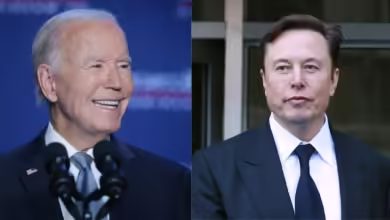
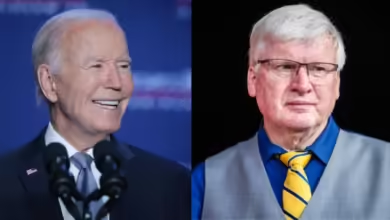
One Comment